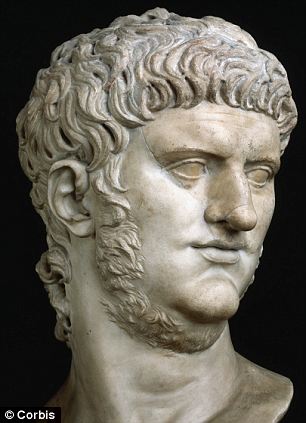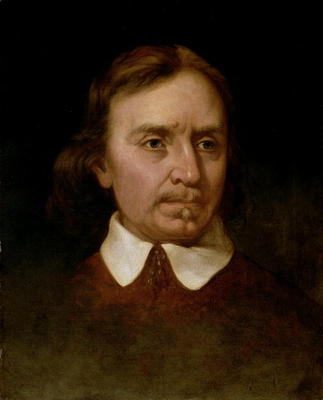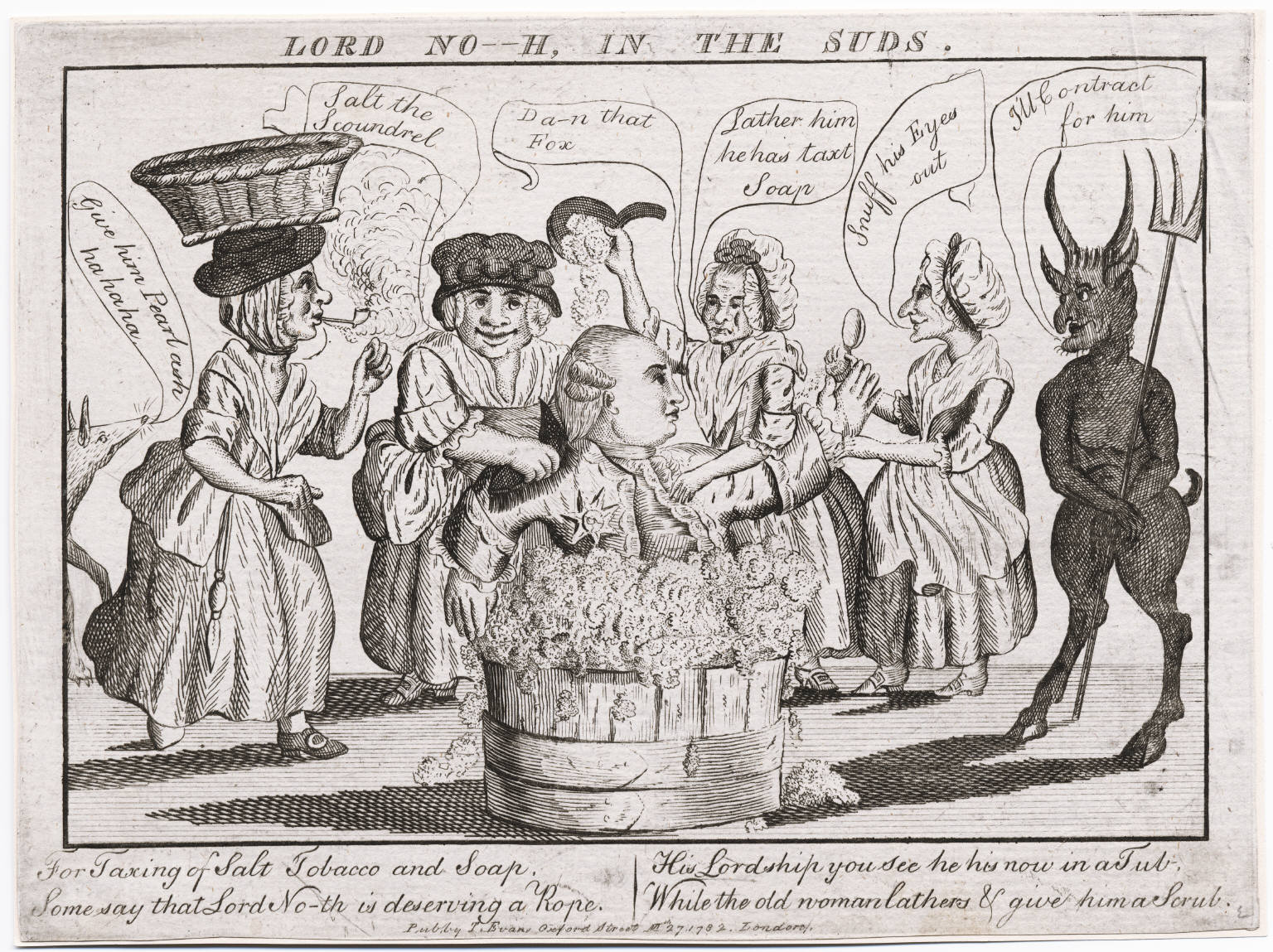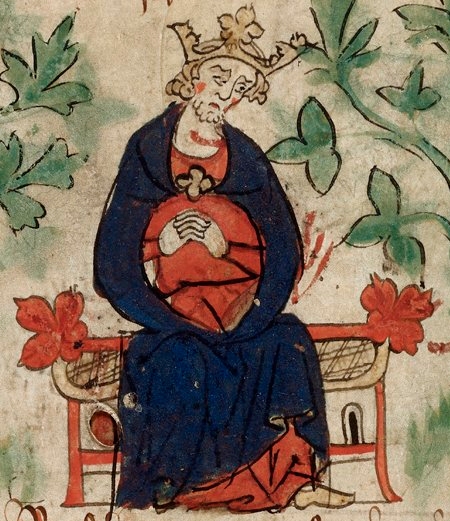Hats, soap, cooking oil and covering up breasts in public: these are amongst the things which have been taxed over the years...
Top 10: history’s oddest taxes
It seems anything and everything has been taxed, including the payer’s patience.
Thursday 31st March 2016
Jonny Wilkes
BBC History Magazine
IMMIGRANT EXPENSE

A receipt for the Chinese Head Tax, issued to the young James Pon in 1922. (Peter Power/Toronto Star)pmp (Photo by Peter Power/Toronto Star via Getty Images)
For nearly 40 years, Canada imposed a tax on all immigrants from China, the euphemistically named ‘Chinese Head Tax’, after calls to stop more entering the country. At a time when no other ethnic group paid anything, Chinese settlers had to hand over $50 (but this rose to $500 by 1903). After settling, they may have earned as little a $1 a day – half the wage white men would have earned.
NUMBER ONE

Nero, Roman Emperor from 54 to 68
In Ancient Rome, human urine was a valuable commodity, used for tanning, laundering – the ammonia apparently made for whiter-than-white togas – and even teeth brushing. It wasn’t long before entrepreneurial types began collecting the waste matter, hoping to make profits from pee, but Emperors Nero and Vespasian noticed. They levied a tax on the acquisition of urine, which led to the popular Latin phrase Pecunia non olet, meaning ‘Money does not stink’.
ROYAL FLUSH

Oliver Cromwell, ruler of the Commonwealth (republic) of England, Scotland and Ireland from 1653 to 1658
As Lord Protector of England, Scotland and Ireland, Oliver Cromwell brought in some pretty restrictive laws, but one of his most tactical was to tax his enemies. Arguing that it was the responsibility of Royalists to pay for the militia, Cromwell levied a 10 per cent income tariff, the ‘decimation tax’, on known Royalist households. Not only did it bring in some needed funds, but was a convenient way to keep his enemies in check.
CLOSE SHAVE

Peter the Great, Tsar of All Russia from 1682 to 1721 and Emperor of All Russia from 1721 to 1725
In a bid to westernise Russian society, in 1698, Peter the Great slapped a tax on what he deemed to be an old-fashioned fashion choice: the beard. So men had a choice, shave or stump up. Those who opted to retain their face fuzz would be given a token as proof of payment. On one side of the Russian token is a rather eerie image of half a face and the words: “The beard is a superfluous burden”. King Henry VIII levied a similar tax on Tudor England, with the amount depending on the gent’s standing in society. Facial hair, therefore, quickly became a symbol of stature.
FAT TAX

Saqqara relief of scribes, Ancient Egypt's taxmen
Ancient Egypt gave us one of the oldest-known taxes, but it’s a strangely small-fry levy from the land of gold and jewels: cooking oil. People tried to slip and slide out of it but tax collectors, or scribes, would visit houses to make sure they weren’t re-using their fat, or cooking with cheaper alternatives. Not only was the tax paid to the pharaoh, but the oil itself was owned by the ruler. Kerching!
KICKING UP A STINK

The fact that the upper classes tended to think of the lower classes as smelly ingrates might have something to do with a British tax on soap. A heavy tax was placed on the sudsy stuff in 1712, and it was too much for the poorer-paid. Indeed, it was such a burden that soap makers began to make their product off the books for the black market, after which tax collectors took to locking the lids of the soap boiling pans overnight.
COWARD’S TARIFF

Scutage started under Henry I
If you were a knight in medieval England, it was a great honour to be called up to war in service of the King, and it was your duty to oblige. But if you didn’t really fancy it, you could pay scutage, popularly known as cowardice tax. Having begun in 1100, the scaredy-cat scutage evolved into a general tax on knights’ land by the 13th century. It morphed further still before finally becoming redundant by the 14th century.
HEARTH OF THE HOME

The village of Churchill, Oxfordshire was partially destroyed by fire in 1684
For many, winters in 17th-century England were colder than they had to be. This was thanks to a tax on all fireplaces, introduced in 1662 to pay for Charles II’s household. Much like the window tax of 1696, people hastily bricked up their costly chimneys and shivered through the chilly nights to avoid paying. In 1684, a baker in the village of Churchill, Oxfordshire caused a fire that destroyed 20 buildings and killed four people after knocking through a wall from her oven to avoid the hearth tax.
BARE NECESSITIES

Briefly in the 19th century, women of lower caste in the Kingdom of Travancore, India, had to pay to cover their breasts in public. This tax, mulakkaram, led to an extraordinary act of rebellion. A woman named Nangeli refused to comply, so cut off her own breasts and handed them to a tax collector on a plantain leaf. She died from her wounds, but the tax was abolished.
HOLD ONTO YOUR HATS

The hat tax was a tax levied by the British government from 1784 to 1811 on men's hats
We all know that you can’t put a price on style but, starting in 1784, the British government tried. Men’s hats were taxed depending on how expensive they were. So a simple flat cap, which cost under four shillings, warranted a threepence charge, while the more expensive styles – including the early top hats valued at over 12 shillings – cost the wearer two shillings.
10 oddest taxes in history | History Extra
Top 10: history’s oddest taxes
It seems anything and everything has been taxed, including the payer’s patience.
Thursday 31st March 2016
Jonny Wilkes
BBC History Magazine
IMMIGRANT EXPENSE

A receipt for the Chinese Head Tax, issued to the young James Pon in 1922. (Peter Power/Toronto Star)pmp (Photo by Peter Power/Toronto Star via Getty Images)
For nearly 40 years, Canada imposed a tax on all immigrants from China, the euphemistically named ‘Chinese Head Tax’, after calls to stop more entering the country. At a time when no other ethnic group paid anything, Chinese settlers had to hand over $50 (but this rose to $500 by 1903). After settling, they may have earned as little a $1 a day – half the wage white men would have earned.
NUMBER ONE

Nero, Roman Emperor from 54 to 68
In Ancient Rome, human urine was a valuable commodity, used for tanning, laundering – the ammonia apparently made for whiter-than-white togas – and even teeth brushing. It wasn’t long before entrepreneurial types began collecting the waste matter, hoping to make profits from pee, but Emperors Nero and Vespasian noticed. They levied a tax on the acquisition of urine, which led to the popular Latin phrase Pecunia non olet, meaning ‘Money does not stink’.
ROYAL FLUSH

Oliver Cromwell, ruler of the Commonwealth (republic) of England, Scotland and Ireland from 1653 to 1658
As Lord Protector of England, Scotland and Ireland, Oliver Cromwell brought in some pretty restrictive laws, but one of his most tactical was to tax his enemies. Arguing that it was the responsibility of Royalists to pay for the militia, Cromwell levied a 10 per cent income tariff, the ‘decimation tax’, on known Royalist households. Not only did it bring in some needed funds, but was a convenient way to keep his enemies in check.
CLOSE SHAVE

Peter the Great, Tsar of All Russia from 1682 to 1721 and Emperor of All Russia from 1721 to 1725
In a bid to westernise Russian society, in 1698, Peter the Great slapped a tax on what he deemed to be an old-fashioned fashion choice: the beard. So men had a choice, shave or stump up. Those who opted to retain their face fuzz would be given a token as proof of payment. On one side of the Russian token is a rather eerie image of half a face and the words: “The beard is a superfluous burden”. King Henry VIII levied a similar tax on Tudor England, with the amount depending on the gent’s standing in society. Facial hair, therefore, quickly became a symbol of stature.
FAT TAX

Saqqara relief of scribes, Ancient Egypt's taxmen
Ancient Egypt gave us one of the oldest-known taxes, but it’s a strangely small-fry levy from the land of gold and jewels: cooking oil. People tried to slip and slide out of it but tax collectors, or scribes, would visit houses to make sure they weren’t re-using their fat, or cooking with cheaper alternatives. Not only was the tax paid to the pharaoh, but the oil itself was owned by the ruler. Kerching!
KICKING UP A STINK

The fact that the upper classes tended to think of the lower classes as smelly ingrates might have something to do with a British tax on soap. A heavy tax was placed on the sudsy stuff in 1712, and it was too much for the poorer-paid. Indeed, it was such a burden that soap makers began to make their product off the books for the black market, after which tax collectors took to locking the lids of the soap boiling pans overnight.
COWARD’S TARIFF

Scutage started under Henry I
If you were a knight in medieval England, it was a great honour to be called up to war in service of the King, and it was your duty to oblige. But if you didn’t really fancy it, you could pay scutage, popularly known as cowardice tax. Having begun in 1100, the scaredy-cat scutage evolved into a general tax on knights’ land by the 13th century. It morphed further still before finally becoming redundant by the 14th century.
HEARTH OF THE HOME

The village of Churchill, Oxfordshire was partially destroyed by fire in 1684
For many, winters in 17th-century England were colder than they had to be. This was thanks to a tax on all fireplaces, introduced in 1662 to pay for Charles II’s household. Much like the window tax of 1696, people hastily bricked up their costly chimneys and shivered through the chilly nights to avoid paying. In 1684, a baker in the village of Churchill, Oxfordshire caused a fire that destroyed 20 buildings and killed four people after knocking through a wall from her oven to avoid the hearth tax.
BARE NECESSITIES

Briefly in the 19th century, women of lower caste in the Kingdom of Travancore, India, had to pay to cover their breasts in public. This tax, mulakkaram, led to an extraordinary act of rebellion. A woman named Nangeli refused to comply, so cut off her own breasts and handed them to a tax collector on a plantain leaf. She died from her wounds, but the tax was abolished.
HOLD ONTO YOUR HATS

The hat tax was a tax levied by the British government from 1784 to 1811 on men's hats
We all know that you can’t put a price on style but, starting in 1784, the British government tried. Men’s hats were taxed depending on how expensive they were. So a simple flat cap, which cost under four shillings, warranted a threepence charge, while the more expensive styles – including the early top hats valued at over 12 shillings – cost the wearer two shillings.
10 oddest taxes in history | History Extra
Last edited: